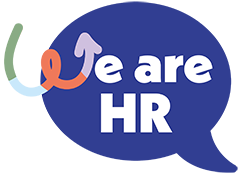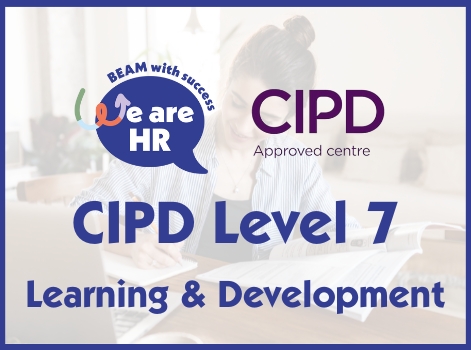Work and Working Lives in a Changing Business Environment
This unit will broaden your understanding of the interaction between the commercial business environment and future developments in the world of work, employment and the management of people. You will learn how to assess social, demographic, and economic trends and how developments in public policy affect people practice. You will also learn about effective leadership of change, innovation, and creativity, including the key interrelationships between ethics, sustainability, diversity, and well-being. You will critically evaluate policy, practice and corporate social responsibility and the ways in which people professionals can apply and promote them for organisational productivity.
People Management and Development Strategies for Performance
The role and influence of people professionals is a key part of your learning in this unit. You will explore how people professionals create value and deliver outcomes for organisations and employees, and how contributing to the success of business objectives improves performance and enhances the employee experience. You will study the advantages and benefits of aligning people practice strategies with organisational goals and learn about the ways in which organisations integrate people practice with culture, brand and values. Additionally, you will have the opportunity to critically evaluate the practical and ethical challenges presented by data analytics and technological developments and assess how these elements affect your role.
Personal Effectiveness, Ethics and Business Acumen
The theories and concepts you will learn in this unit and essential for promoting inclusiveness and influencing others through fair and transparent behaviours. You will learn to critically evaluate different ethical standpoints in the people profession and how ethical behaviour maintains high standards and contributes to the well-being and integrity of both employees and the organisation. You will also learn how to achieve and maintain challenging business outcomes through an understanding of the business, self-awareness and improvement to support your career progression. Finally, you will validate the benefits of maintaining a passion for learning, evaluate the need for continuing professional development and the merits of evidence-based critical thinking, effective influencing, and networking.
In this unit, you will learn to define, design and undertake a business research project in people practice and learn how to present an integrated report based on evidence, and your own recommendations and critical reflection. Your project will examine themes that would add value to the organisation, and as you build your project, you will learn to distinguish between primary and secondary data, conduct cost and benefit analysis, and research ethical issues around data collection with a focus on how you could improve future project design and delivery.
Organisational Design and Development
This unit focuses on the principles of organisational design and development to achieve strategic goals and support organisational success. You will learn to critically assess theory and concepts in relation to organisational design and development to understand the general principles and key issues that support them. You will explore the role of people professionals in the creation of new organisational forms, as well as examine responses and approaches to change, including strategies for employee engagement and reflection on personal skills and behaviours that influence successful execution.
Leadership and Management Development in Context
In this unit, you will review the differences between leadership and management in different contexts, evaluating the roles of leaders and managers and their typical knowledge, skills and behaviours. You will discuss the advantages of adopting strategic approaches to leadership and management development and learn how to compare metrics and evaluation models and how they can be applied. You will also gain a better understanding of how the development of international leaders and managers in a global context affects cultural and geographical boundaries, including issues faced by micro multinationals and SMEs operating globally.
In this unit, you will learn to analyse how organisational approaches to learning are impacted by different contexts and the external environment and determine the ways in which strong learning strategies and policies are developed. You will evaluate how learning data may be obtained and how it related to learning needs while discussing the key differences between a learning gap and a development gap and the various approaches on how to close them.







